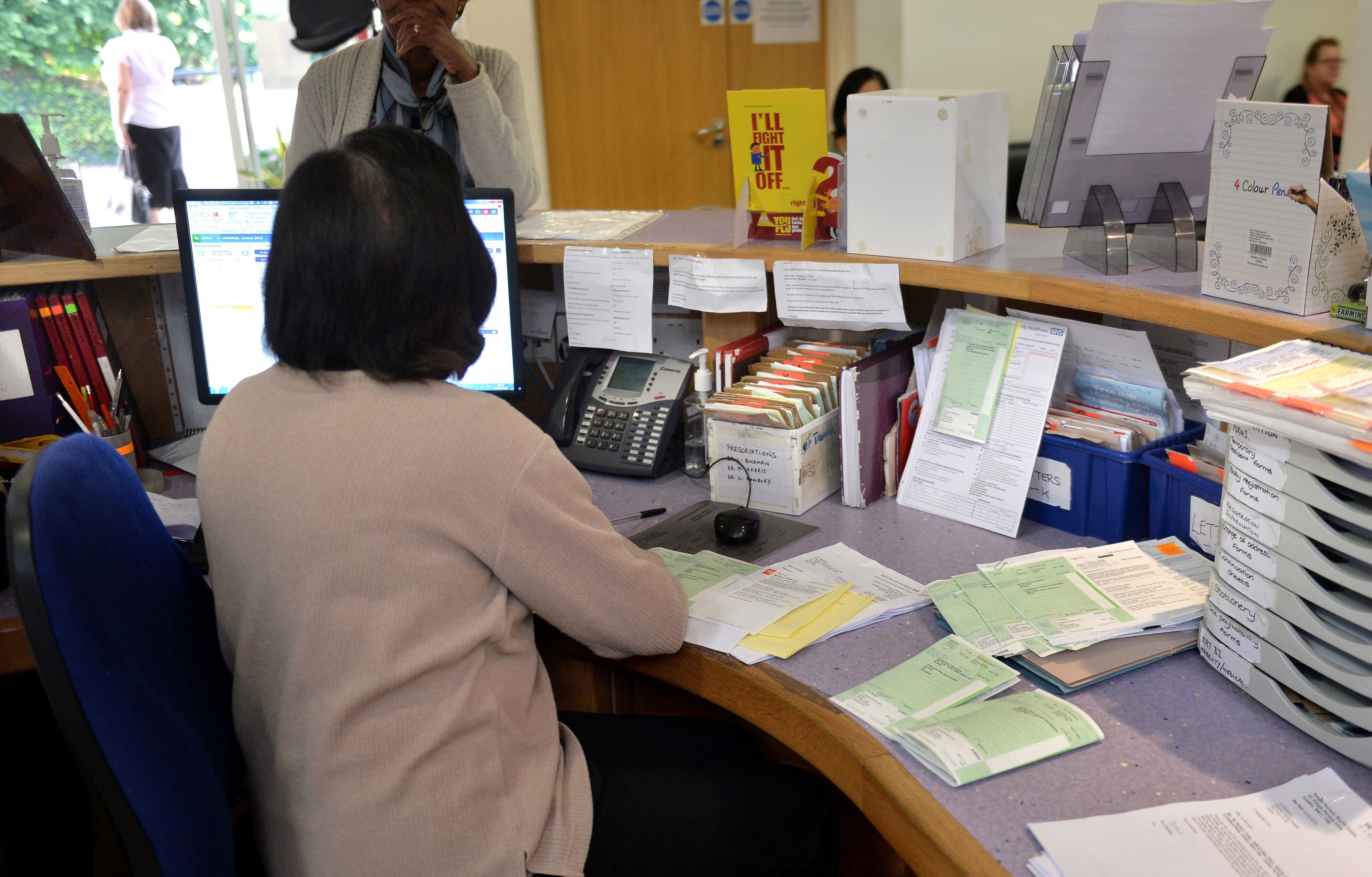People suffering depression should be offered exercise or therapy before drugs, new NHS guidance says
Meditation, behavioural therapy or individual counselling sessions could be made available first

Your support helps us to tell the story
From reproductive rights to climate change to Big Tech, The Independent is on the ground when the story is developing. Whether it's investigating the financials of Elon Musk's pro-Trump PAC or producing our latest documentary, 'The A Word', which shines a light on the American women fighting for reproductive rights, we know how important it is to parse out the facts from the messaging.
At such a critical moment in US history, we need reporters on the ground. Your donation allows us to keep sending journalists to speak to both sides of the story.
The Independent is trusted by Americans across the entire political spectrum. And unlike many other quality news outlets, we choose not to lock Americans out of our reporting and analysis with paywalls. We believe quality journalism should be available to everyone, paid for by those who can afford it.
Your support makes all the difference.People suffering with mild depression should be offered therapy or even exercise before being prescribed antidepressants, new NHS guidance states.
The National Institute for Health and Care Excellence (Nice) said people should first have the chance to partake in activities such as meditation or behavioural therapy, or individual counselling sessions, before medication is provided.
The draft guideline, which is subject to consultation, says: “Do not routinely offer antidepressant medication as first-line treatment for less severe depression, unless that is the person’s preference.”
It calls on doctors to involve patients in conversations about what would suit them best, but says group cognitive behavioural therapy (CBT) could be offered as a first treatment.
CBT focuses on how thoughts, beliefs, attitudes, feelings and behaviour interact, sets goals and teaches better coping skills.
Other interventions suggested by Nice include group behavioural activation (BA), which helps the person to recognise negative patterns and focus on behaviours that are linked to improved mood.
Individual BA or CBT may also be offered alongside group mindfulness or meditation, group exercise and counselling.
Nice said people could be offered a menu of treatments to choose from as part of a discussion about what may be contributing to their depression, and the person’s experience of any prior episodes of depression or treatments.
It said the new draft guideline is the first in 12 years to identify, treat and manage depression in adults.
A similar range of psychological interventions, along with the option of antidepressant medication, is available to those choosing a first-line treatment for more severe depression.
Dr Paul Chrisp, director of the centre for guidelines at Nice, said: “People with depression deserve and expect the best treatment from the NHS which is why this guideline is urgently required.
“The Covid-19 pandemic has shown us the impact depression has had on the nation’s mental health.
“People with depression need these evidence-based guideline recommendations available to the NHS, without delay.”
The guidance also tells doctors to discuss mental health waiting lists with patients and how long they may need to wait for treatment.
Nav Kapur, professor of psychiatry and population health at the University of Manchester and chair of the guideline committee, said: “As a committee we have drawn up recommendations that we hope will have a real impact on people who are suffering from depression and their carers.
“In particular we’ve emphasised the role of patient choice - suggesting that practitioners should offer people a choice of evidence-based treatments and understanding that not every treatment will suit every person.”
The guideline also says medics should discuss what happens if people want to stop taking antidepressants, including that withdrawal may take weeks or months.
Figures from the NHS Business Services Authority show that more than 20 million antidepressants were prescribed between October and December 2020. The use of antidepressants has been steadily increasing since 2015.
Additional reporting by PA
Join our commenting forum
Join thought-provoking conversations, follow other Independent readers and see their replies
Comments